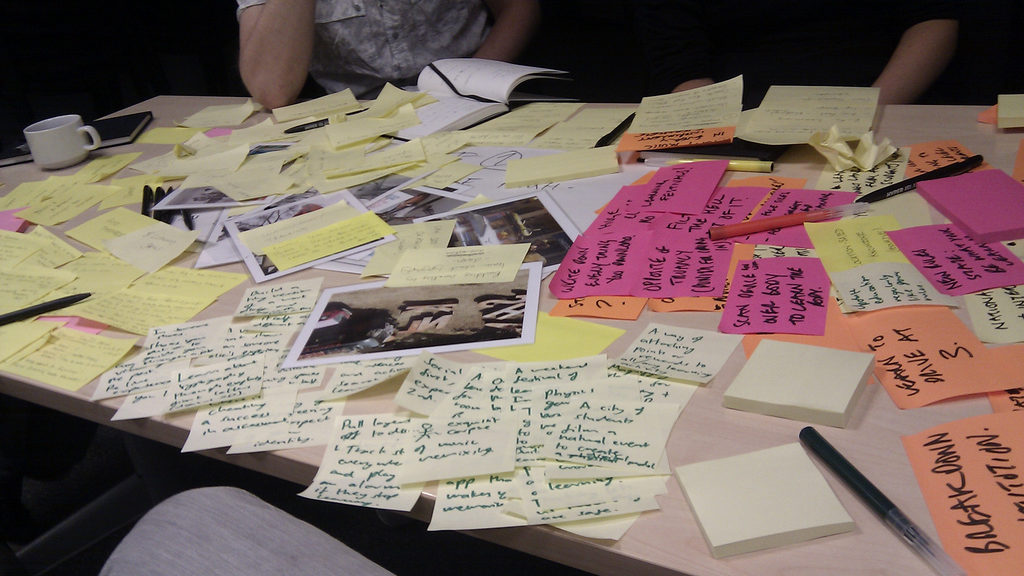The entrepreneurial spirit is a driving force behind innovation, economic growth, and job creation. It’s a spirit that can be nurtured and developed, and universities are uniquely positioned to do so. A recent study published by colleagues in Journal of Entrepreneurship Education explores how entrepreneurial interventions in a university context can impact the entrepreneurial intentions of students. The findings of this study provide valuable insights for educators, policymakers, and university administrators seeking to foster entrepreneurship.
The study, conducted collaboratively by researchers from Chinese and UK universities, surveyed 679 undergraduate students. The researchers used the integrated model of entrepreneurial intentions as the theoretical framework for their approach. The model suggests that a person’s attitudes, beliefs, upbringing, values, and their awareness of the ease or difficulty of executing entrepreneurial behaviour will all inform whether they are attracted to act entrepreneurially in a given context, and this will affect their intention to do so.
The study’s initial findings highlight the perceived need for a range of entrepreneurship interventions, with business training programmes being the highest priority, followed by mentoring, specialist business advice, low-cost finance, business networking events, and enterprise clubs. Interestingly, the study also found that those with different Intention Horizons request a different portfolio of interventions.
The concept of Intention Horizons is a key contribution of this study. The researchers propose four distinct Intention Horizons: No Intention, Intention Now, Short-term Intention (in six months’ time), and Long-term Intention (two years or more). This increased granularity provides deeper insights into the ways in which interventions affect intention over time.
The study’s findings suggest a previously under-articulated relationship between the nascent entrepreneur’s Intention Horizon, university interventions, and entrepreneurial action. For instance, those with a longer-term view of entrepreneurship are open to more interventions. This is particularly true for business training programmes, which were selected by 67% of those with long-term entrepreneurial intentions.
Mentoring was the second most popular intervention, selected by 62% of all students. Those with a long-term ambition had the highest selection of this intervention (53%), followed by those with short-term ambition (43%). Specialist business advice was the third most popular intervention, selected by 58% of all students.
Low-cost finance was selected by 41% of those with long-term ambitions and 40% of those with Intention Now, indicating that it may have a higher demand for current nascent entrepreneurs. Business networking events were selected by 41% of all students, with those with Intention Now and those with no intention having the same percentage (20%), indicating this intervention has a wider benefit than just for those looking to start a business.
The study provides an evidence-based approach to entrepreneurship education design and the development of interventions to support a range of students with and without entrepreneurial intention. It further develops the narrative around both contextualisation, the previous experience of the students, and the range and importance of these interventions to support the creation of a new venture.
In conclusion, the study underscores the importance of entrepreneurship education in universities. It shows that tailored interventions can significantly impact the entrepreneurial intentions of students, thereby fostering a culture of entrepreneurship. Universities, therefore, have a crucial role to play in nurturing the next generation of entrepreneurs. By understanding the specific needs and intentions of their students, they can provide targeted support and resources to help them on their entrepreneurial journey.
The study also highlights the need for further research in this area, particularly in understanding the complex relationship between the nascent entrepreneur’s Intention Horizon, university interventions, and entrepreneurial action. Such research will contribute to the ongoing development of effective entrepreneurship education programs and interventions.
References:
Bozward, D., Rogers-Draycott, M.C., Angba, C., Zhang, C., Ma, H., An, F., Topolansky, T., Sabia, L., Bell, R., Beaumont, E., (2023) How can entrepreneurial interventions in a university context impact the entrepreneurial intention of their students?, Journal of Entrepreneurship Education, 6, 1–23 (2023). https://doi.org/10.1007/s41959-022-00083-x





